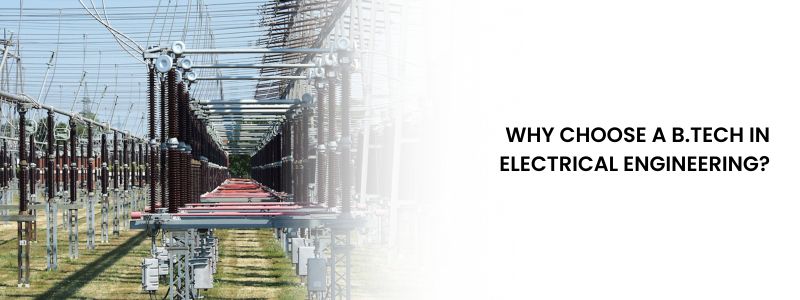Announcement
Get Ready for INDUS CUP 2K26! | Dates: 5–10 January 2026 | Stand a Chance to Win Cash Prizes up to ₹10,00,000!...Read more Get Ready for INDUS CUP 2K26! | Dates: 5–10 January 2026 | Stand a Chance to Win Cash Prizes up to ₹10,00,000!
We are excited to announce the Indus Hackathon 2025, an exhilarating one-day event organized by the CSE Department of Indus University....Read more We are excited to announce the Indus Hackathon 2025, an exhilarating one-day event organized by the CSE Department of Indus University.
26th ISTE Faculty Annual State Convention will be held at Indus University on April 27, 2023....Read more 26th ISTE Faculty Annual State Convention will be held at Indus University on April 27, 2023.
Get Ready for INDUS CUP 2K26! | Dates: 5–10 January 2026 | Stand a Chance to Win Cash Prizes up to ₹10,00,000!...Read more Get Ready for INDUS CUP 2K26! | Dates: 5–10 January 2026 | Stand a Chance to Win Cash Prizes up to ₹10,00,000!
We are excited to announce the Indus Hackathon 2025, an exhilarating one-day event organized by the CSE Department of Indus University....Read more We are excited to announce the Indus Hackathon 2025, an exhilarating one-day event organized by the CSE Department of Indus University.
26th ISTE Faculty Annual State Convention will be held at Indus University on April 27, 2023....Read more 26th ISTE Faculty Annual State Convention will be held at Indus University on April 27, 2023.

B.Tech Degree in Electrical Engineering does not absolutely make a person a degree-holder. Instead, this is where life starts in an exciting and completely invariably changing world. Everything buzzes with electrical engineering, from life in homes and industries to innovations in renewable energy and automation. Therefore, pursuing this course will give you an excellent foundation in electrical technologies and open up a plethora of opportunities. And when that happens, the world is going to keep asking for more qualified engineers every single day. This means this is not just a degree worth pursuing, but it promises economic stability as well as wide opportunities.
This B.Tech in the Electrical Engineering curriculum typically immerses students in a myriad of basic considerations and advanced notions through which they will prepare for real-world scenarios. It includes the following components of your study:
Electrical Circuits and Networks: Designing and analyzing electrical circuits.
Power Systems: Generation, transmission, and distribution of electric energy.
Control Systems: Automation and managing complex systems.
Electrical Machines: Design motors and generators.
Digital Electronics: The study of modern digital devices and systems.
These students really have some hands-on practice in areas such as minor electives, renewable energy, embedded systems, and microcontrollers.
The greatest part of having a B.Tech Degree in Electrical Engineering is the actual experience. Actually, it is not just sitting in lectures and everything. One really has to roll up the sleeves and go work on the job, such as the following example:
Circuit Design Labs: You’ll design and troubleshoot electrical circuits firsthand.
Power Systems Simulations: Work on power grids and learn how to improve energy efficiency.
Internships: Gain valuable industry experience and tackle real engineering problems.
Workshops and industry visits further connect what you learn in the classroom with the practical world, giving you a taste of what it’s like to be an engineer.




B.Tech in electrical engineering has a mitigation scope in sectors like energy, manufacturing, IT, and telecommunications. Such jobs that can be fun are:
Electrical Engineer: Designing and maintaining electrical systems related to other areas.
Power Systems Engineer: Take on projects concerned with power generation and distribution.
Design Engineer: Develop designs for heavy, complex electrical devices and solutions.
With interest and research peaks in renewable energy and smart technologies, electrical engineering is one of the most brilliant fields to extend into and be part of the future, given the enormous present demand.
Study and exams do not define a successful career in B.Tech Electrical Engineering field. Here, check out the necessary prerequisites to acquire success in the profession:
Fundamentals Knowledge: Have in-depth knowledge of the various essentials, like electrical circuits, power systems, and control engineering.
Involve yourself in a project: Be involved with research and innovation projects, sharpening skills at solving problems.
Keep in Sync: Staying current on the trends in renewable energy, automation, and AI-based electrical systems keeps you ahead of the competition.
Utilize Resources: Utilizing online platforms, workshops, internships, etc., is a great way to gain extra experience and knowledge.
However, being committed and proactive will also give you other advantages since additional merit will definitely come in handy in evaluating the future: electrical engineering.